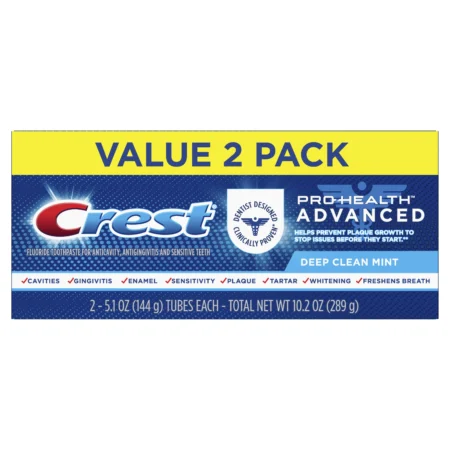Clients who take statins to lower high cholesterol levels frequently experience muscle discomforts, which can lead them to stop taking the extremely reliable medication and put them at higher threat of cardiac arrest or stroke.
Some clinicians have actually advised vitamin D supplements to reduce the muscle pains of clients taking a statin, however a brand-new research study from researchers at Northwestern University, Harvard University and Stanford University reveals the vitamin appears to have no significant effect.
The research study will be released Nov. 23 in JAMA Cardiology.
Although non-randomized research studies have actually reported vitamin D to be a reliable treatment for statin-associated muscle signs, the brand-new research study, which is the very first randomized medical trial to take a look at the result of vitamin D on statin-associated muscle signs, was big enough to eliminate any crucial advantages.
In the randomized, double-blind trial, 2,083 individuals consumed either 2,000 systems of vitamin D supplements everyday or a placebo. The research study discovered individuals in both classifications were similarly most likely to establish muscle signs and cease statin treatment.
Over 4.8 years of follow-up, statin-related muscle discomfort was reported by 31% of the individuals appointed vitamin D and 31% appointed a placebo.
” We had high hopes that vitamin D would work since in our center and throughout the nation, statin-associated muscle signs were a significant reason many clients stopped taking their statin medication,” stated senior author Dr. Neil Stone, teacher of medication in cardiology and preventive medication at Northwestern University Feinberg School of Medication and a Northwestern Medication cardiologist. “So, it was extremely frustrating that vitamin D stopped working a strenuous test. Nonetheless, it is very important to prevent utilizing inefficient treatments and rather concentrate on research study that can offer a response.”
Statins and vitamin D supplements are 2 of the most frequently utilized medications in American grownups. About 30 to 35 million Americans are recommended statins, and about half of the population aged 60 and older take a vitamin D supplement.
” We made the most of a big placebo-controlled randomized trial to check whether vitamin D would minimize statin-associated muscle signs and aid clients keep taking their statins,” stated lead research study author Dr. Mark Hlatky, a teacher of health policy and cardiovascular medication at Stanford. “The placebo control in the research study was necessary since if individuals believe vitamin D is expected to minimize their muscle discomforts, they simply may feel much better while taking it, even if vitamin D has no particular result.”
Trial was a sub research study within a bigger medical trial
The 2,083 clients were amongst the bigger friend of individuals in the vitamin D and Omega-3 Trial (ESSENTIAL), which randomized almost 26,000 individuals to double-blind vitamin D supplements to figure out whether it would avoid heart disease and cancer. This supplied scientists a distinct chance to check whether vitamin D lowers muscle signs amongst individuals who started statins throughout the follow-up duration of the bigger important trial. The mean age of the research study individuals was 67, and 51% were ladies.
” Randomized medical trials are very important since lots of excellent concepts do not work along with we had actually hoped when they are tested,” Hlatky stated. “Analytical associations do not show a cause-and-effect relationship. Low levels of vitamin D are related to lots of medical issues, however it ends up that offering individuals vitamin D does not normally repair those issues.”
For clients who report statin-associated muscle discomforts
Dr. Stone kept in mind that in some cases the trick for understanding clients who have trouble with statins is evaluating other medications they’re taking, identifying whether they have actually associated metabolic or inflammatory conditions, counseling them on their capability to hydrate properly and, notably, talking about “tablet stress and anxiety.”
” For those who have troubles with statins, an organized appraisal by a doctor with experience in handling these matters is still extremely crucial,” Stone stated.
The concept for this sub research study developed out of discussions in between research study co-author Dr. Pedro Gonzalez, then a local at Northwestern Memorial Medical Facility, and Dr. Stone, who runs a big lipid center at Northwestern.
Other authors of the research study consist of JoAnn E. Manson and the important study hall at Brigham and Women’s Medical facility, Harvard Medical School and the Harvard T. H. Chan School of Public Health.





